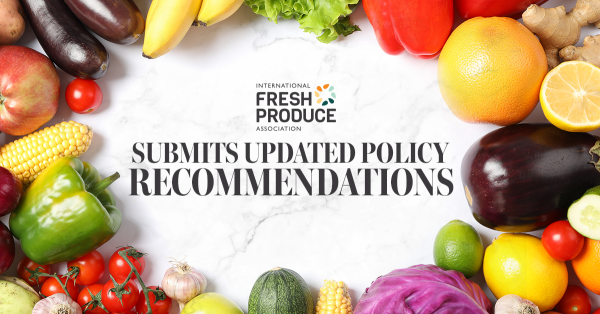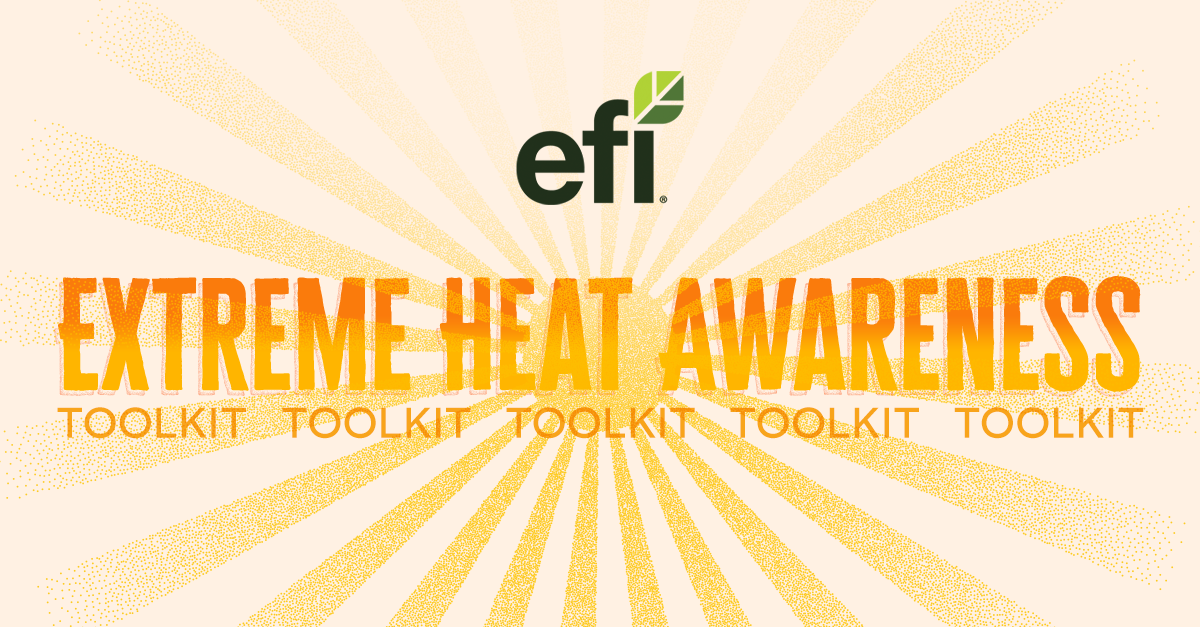
EFI Shares Toolkit for Extreme Heat Awareness Month; Alexandra Martinez Comments
WASHINGTON - Equitable Food Initiative, the capacity-building and certification organization that partners with growers, farmworkers, and retailers, is intensifying efforts to combat heat-related illnesses among farmworkers by sharing its free, bilingual Sun & Heat Protection toolkit.
With field temperatures often exceeding 100°F during peak harvest months, farmworkers face heightened risks of heat stress, dehydration, and heatstroke. The National Institutes of Health (NIH) reports that heat-related mortality among agricultural workers is 35 times higher compared to other professions.
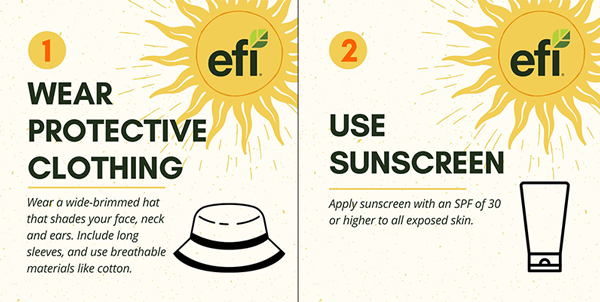
To address this pressing issue, EFI has developed a comprehensive Sun & Heat Protection toolkit, co-created with farmworkers, offering practical solutions and resources to enhance safety in the fields. The toolkit is free and includes:
- A Spanish-language video (with English subtitles) detailing symptoms of heat exhaustion, preventive measures, and what to do in case of overheating.
- Printable bilingual tip sheets to increase awareness of heat-related risks, safety measures, and symptoms.
- Printable bilingual flyers for communal areas to reinforce heat safety protocols.
- Curated statistics and external resources to support employer-led training initiatives.

“Education and voluntary compliance are vital when it comes to heat safety,” said Alexandra Martinez, EFI’s senior digital marketing and sales associate, in the recent release. “Farmworkers are particularly vulnerable to heat-related health risks, and we’re providing simple, executable steps that can help reduce illness and save lives.”
Workers performing strenuous work in temperatures above 95°F are at risk of heat stress, with heat-related injuries increasing for every degree rise in temperature, highlighting the significant economic and human costs of inadequate heat protection measures. This stark correlation highlights the urgent need for proactive safety protocols, especially in agriculture, where prolonged outdoor exposure intensifies the risk.
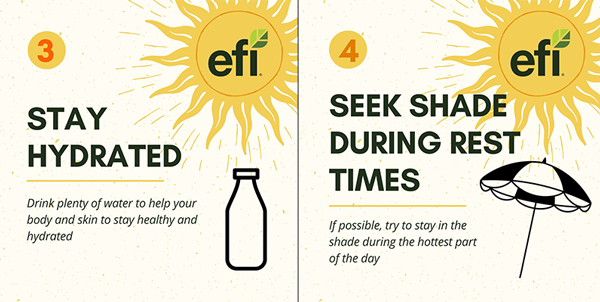
While states like California, Oregon, and Washington have enacted comprehensive heat protection standards, many regions lack such regulations, leaving millions of farmworkers vulnerable. EFI’s toolkit aims to bridge this gap by offering actionable resources that employers can implement regardless of local mandates.
Companies that prioritize worker well-being not only safeguard their employees but also enhance their operational efficiency. Forbes reports that organizations supporting wellness initiatives experience a 41% reduction in absenteeism and 59% less turnover, leading to a more stable and committed workforce. Furthermore, 89% of employees at such companies are more likely to recommend their employer as a good place to work, reflecting increased loyalty and satisfaction.
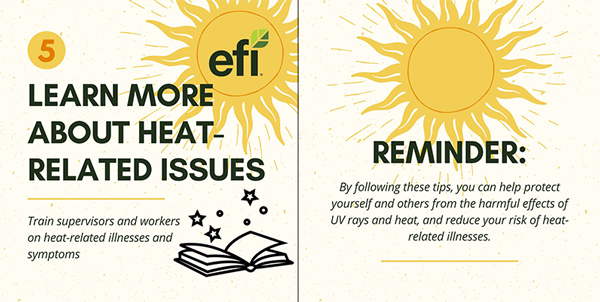
“By adopting comprehensive heat safety practices, employers can protect their workers and improve efficiencies while enhancing their reputation as employers of choice,” Martinez added. “It’s about fostering a positive and productive work environment where safety is paramount.”
For more information on EFI’s bilingual Sun & Heat Protection toolkit and to access the resources, visit here.










